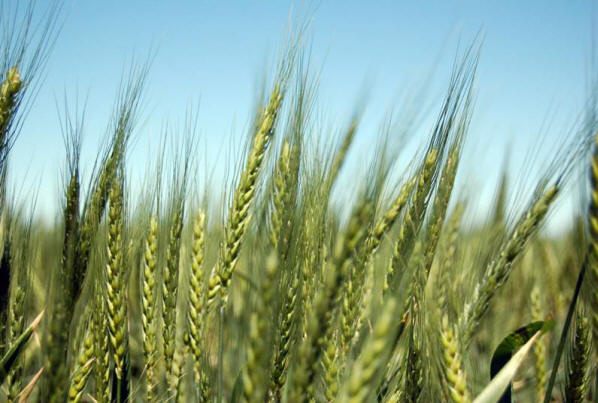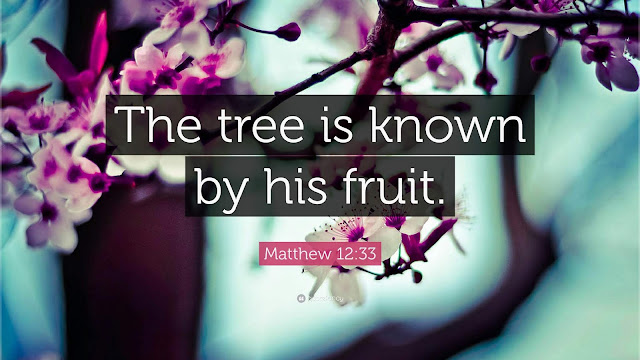"The parable mode of teaching was adopted by Jesus who, as Heart-reader, was aware now by sad experience and still sadder foreknowledge, that his glorious news rather repelled than attracted the ordinary hearer. They did not want to be disturbed from their earthly hopes and loves and fears. They preferred not to be healed as God would heal them." -Pulpit Commentary
"The veil which it (the parable) throws over the truth becomes transparent to the attentive mind, while it remains impenetrable to the careless" -Godet, PC
Lord, keep us uncomfortable with our sin and complacency. Keep us curious and careful, especially when looking into your Word.
This passage bothers me:
"Lest at any time they should be converted." Mark 4:12
Doesn't the Lord want all to be saved? Here's a thought from Jon Courson to consider:
"Why would Jesus teach in such a way that truth would be concealed? Simply because He will honor the wishes of every person. Therefore, if a person does not want to see, the Lord won't force His way upon him." Jon Courson
"
Considering the larger context of this parable through the eyes of MacLaren has also been helpful:
"Luke is particular in dating this parable as spoken at a time when crowds resorted to Jesus, and the cities of Galilee seemed emptied out to hear Him. No illusions as to the depth or worth of this excitement beset Him. Sadly He looked on the eager multitudes, because He looked through them, and saw how few of them were bringing ‘an honest and good heart’ for the soil of His word. Just because He saw the shallowness of the momentary enthusiasm, He spoke this pregnant parable from a heavy heart, and as He tells us in His explanation of it to the disciples (ver. 10), uses the parabolic garb as a means of hiding the truth from the unsusceptible, and of bringing it home to those who were prepared to receive it. Every parable has that double purpose of obscuring and revealing. The obscuring is punitive, but the punishment is meant to be remedial. God never cheats men by a revelation that does not reveal, and the very hiding is meant to stimulate to a search which cannot be vain." -Alexander MacLaren

Our natural state:
"And you were dead in the trespasses and sins in which you once walked, following the course of this world, following the prince of the power of the air, the spirit that is now at work in the sons of disobedience— among whom we all once lived in the passions of our flesh, carrying out the desires of the body and the mind, and were by nature children of wrath, like the rest of mankind." Ephesians 2:1-3
I.
WHAT IS A PARABLE? It is a mode of instruction founded on the resemblances or analogies between spiritual and natural objects or events.
1. The form of the parable is a direct or indirect statement of a fact, or a narrative of either some possible or real event, that had occurred once or frequently. The growth of the mustard-seed is a fact of constant occurrence. The parable of Scripture differs from ordinary figurative language, not in its nature, but in its subject. And it might perhaps be correctly defined—a figurative description of religious doctrine.
2. To pass to the substance of the parables. We find their themes mainly to be—the sublime truths of grace, redemption, and retribution; the soul, its responsibilities and its destiny; the Church, and its destiny.
II. WHY DID THE LORD JESUS CHRIST TEACH BY PARABLES?
1. He designed to show the union between nature, human life, and the gospel. His presence among men was itself a manifestation of the Divine in the human, the invisible in the visible, the supernatural in the natural. The parable is a similar clothing of the unknown in the known, the heavenly in the earthly.
2. To unveil the mysteries of redemption. -E.N. Kirk, BI
*************************************************
The Word, even when rejected, is not of effect:
"The gospel rejected or perverted does not lose its power, but now goes right on in driving the soul into deeper rebellion and hardness." -BI
Parallels between the Word of God and seed:
And the Word of God is so compacted in the seed-form, because it needs to be unfolded in the teaching and life of man. H. Macmillan, D. D.
The Spirit operating upon the heart apart from the Word would be only to give a vague inclination without an object as its end and purpose. And therefore all religion that does not spring from the seed of God’s Word is a dim abstraction of an unreal sentimentality. It is aimless and powerless, the continual ploughing and harrowing of a field without putting any seed into it.
And let us remember that we must give our own life in the sowing, as the plant gives its life in the seed. H. Macmillan, D. D.


















